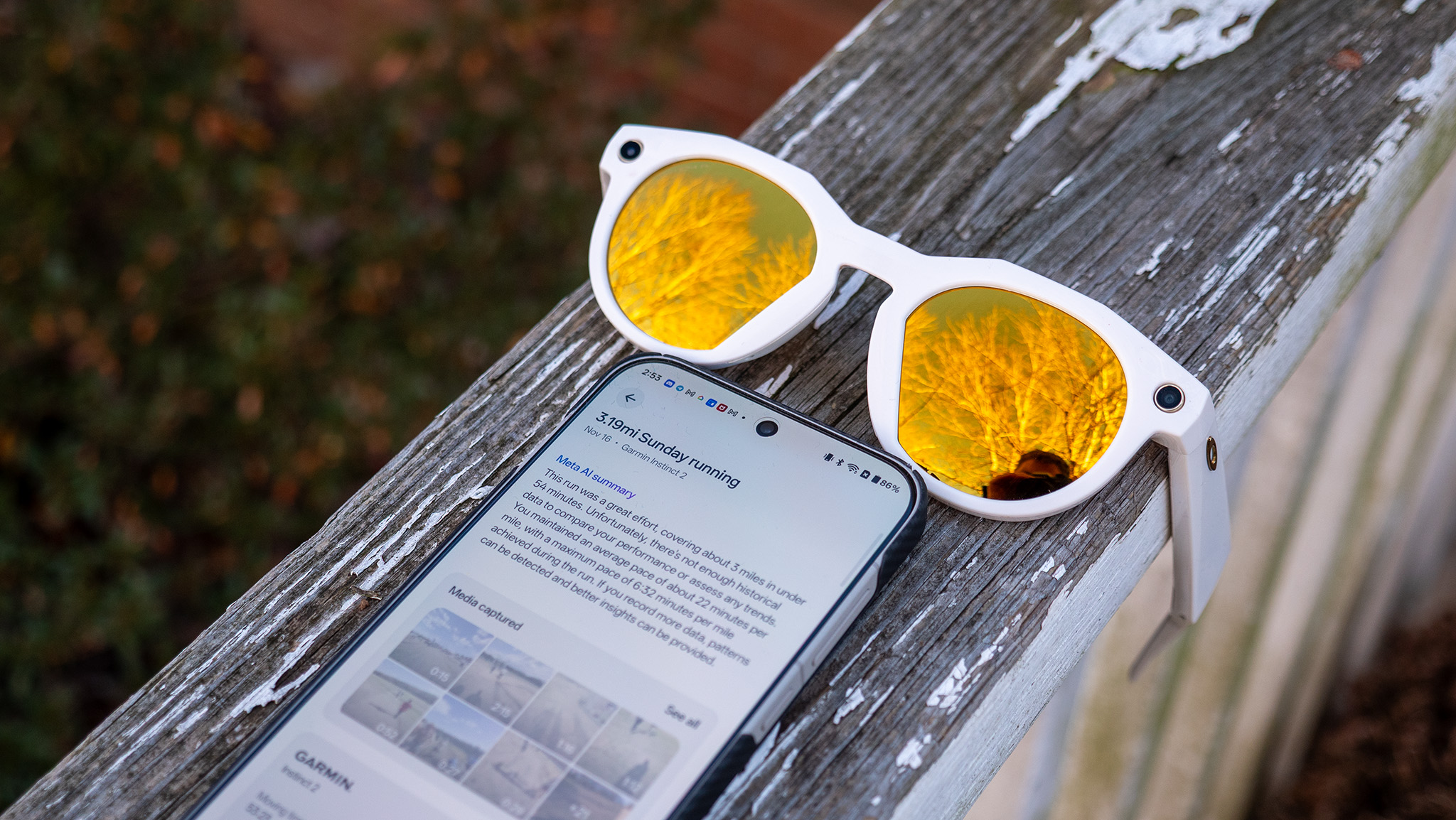Here's how region-locking works on the European Samsung Galaxy S5

Samsung's new region-locking sticker isn't as scary as before, and actually explains what's going on
Think back to the launch of the Samsung Galaxy Note 3 last year, and you might remember a bit of hubbub surrounding supposedly "unlocked" devices in some countries coming with a so-called region-lock. The situation eventually turned out not to be quite so bad as was first feared, with devices being fully unlocked if they were "activated" with a SIM from within the approved region.
The situation with the Galaxy S5's region lock is a bit different, and fortunately the sticker on the box fully explains what's going on this time.
The label on the European GS5's box reads —
European Model: This product should be activated with a SIM card issued from a mobile operator within Europe. (as defined EU/EEA, Switzerland and the following Non-EEA countries Albania, Andorra, Bosnia and Herzegovina, Former Yugoslav Republic of Macedonia (F.Y.R.O.M), Monaco, Montenegro, San Marino, Serbia and Vatican City.) To use SIM cards from other regions, a cumulative call over five minutes must first be made with the SIM card from European operators.
So there you go. Once you've racked up a total of five minutes of calls in the approved region, you should be good to use your GS5 on any carrier, anywhere in the world. It's not exactly ideal, but at least the sticker fully explains the idea of activation, which wasn't mentioned on the Note 3 box.
Why is Samsung doing this? As was the case previously, it's most likely an attempt to foil "grey" (unauthorized) phone importers. And the five-minute total call time requirement is probably there to stop importers simply activating the phone with a European SIM card before shipping it outside of its approved region.
More: Region lock discussion on the Galaxy S5 forums
Get the latest news from Android Central, your trusted companion in the world of Android

Alex was with Android Central for over a decade, producing written and video content for the site, and served as global Executive Editor from 2016 to 2022.
